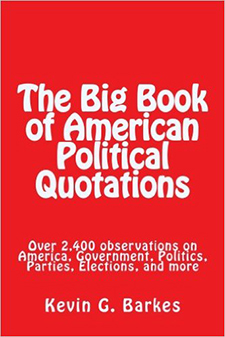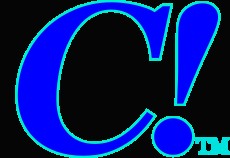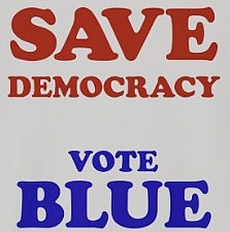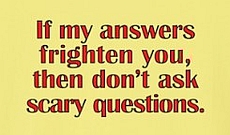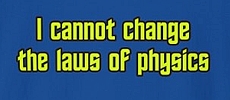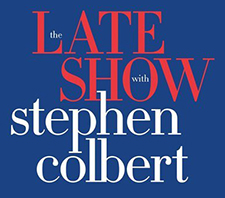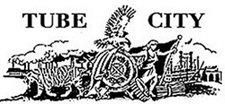(Originally published September 11, 2010)
Earle Wittpenn died last year on my birthday. I've tried to write about him a dozen times since then.
I've failed miserably.
The problem is that I can't talk about Earle without talking about myself. What should be a tribute to the man who rescued me from potential oblivion and gave my life drive and direction, ends up sounding like self-aggrandizing drivel.
I had graduated from high school at 16 as class salutatorian and was scheduled to enter Duquesne University's journalism school in the fall. It was an exciting time. I had something most of my contemporaries appeared to lack- an actual career goal- and a clear path to achieve it.
It was not to be.
My parents' personal demons made another of their cyclical visits. I found myself with no way to pay for college and no job prospects. My paternal grandparents, who always took me in when my mother and father found themselves incapable or unwilling to shoulder their parental responsibilities, again provided shelter and encouragement.
The mother of my high school english teacher, Mrs. H., was incensed when she heard a family member of mine say "He'll never amount to anything without college." She coerced one of her relatives to give me a job as a veterinary assistant.
On the day of what should have been my first semester in journalism school, I was restraining dogs and cats and checking stool speciments for worm eggs. I actually enjoyed the work and learned a great deal. It kept me busy, provided a minimum wage income, and, as Mrs. H. noted, "it'll keep you floating until your ship comes by again."
During one of our conversations, Mrs. H. said she had seen a classified ad in the Daily Messenger for a reporter/photographer. I dismissed it out of hand. "I'm not qualified for that," I told her. "You should apply anyway," she said. "They'll probably say no. They might say yes. It's worth asking."
My interview was with Ralph, the city editor, and I could tell he was less than impressed by my meager resume. My journalism background consisted of being editor of the high school newspaper and having three articles published in Model Rocketry magazine.
I'd also written a weekly high school news column for the Messenger during my senior year, for which I received ten cents per column inch and $2 per photo. I showed the check stubs to Ralph. "Technically, I've already written for the Messenger," I said, "so I do have daily newspaper experience."
I swear I heard crickets in the ten seconds of silence that followed.
Ralph was exceedingly friendly, thanked me for coming, and promised he'd get back to me. Even at 17, I was perceptive enough to know that my immediate future would still involve furry mammals and centrifuged feces.
On the way down the Messenger's seemingly endless flight of steps I bumped into the paper's editor, Earle Wittpenn. "Mr. Barkes!" he said, "How the hell are you? How's Duquesne?" I was stunned he remembered my name, let alone my college choice.
Earle had taken me to lunch at the H&H Restaurant on Eighth Avenue in Homestead shortly before my graduation. He thanked me for writing the high school news column. He said he was impressed that I was the only high school contributor who had never missed a deadline, and that I had always submitted at least two usable photos every week.
He was also amused that I managed to include the high school honor roll in my column, which was submitted two days before the paper received the official list from the district. "How'd you manage that?" he asked. "I have contacts," I replied, in my best pre-Woodward and Bernstein conspiratorial tone.
He laughed, and said he didn't mind paying me ten cents an inch for a list of names he could get for free a few days later. "We scooped The Daily News", he chuckled. "That's worth two bucks."
As Earle paid the check, I boldly asked if there were any part-time openings at the paper. He put his hand on my shoulder, shook my hand, and told me that at 16, I was a bit too young. "See me in a year," he said.
Anyway, I told Earle about my situation and that I had just put in my application with Ralph. "How old are you?" Earle asked. "Seventeen," I replied, somewhat timidly.
"Well, I started when I was 17 and it worked out ok," he laughed. "Give Ralph a call and let him know when you can come in."
The rest, as they say, is history.
One very important lesson Earle taught me was recognizing one's limitations. "There's always someone better than you," he said. "Someone who comes up with the right words for a situation. If you can't do better yourself, then use what that person wrote, but be sure to give them the credit."
At the memorial service, Earle's nephew, Matt Phillips, ended his transcendent eulogy with the lyrics from "For Good", a song written by Stephen Schwartz for the musical Wicked. His words are far better than any I could cobble together:
I've heard it said
That people come into our lives for a reason
Bringing
something we must learn
And we are led
To those who help us most
to grow
If we let them
And we help them in return
Well, I don't
know if I believe that's true
But I know I'm who I am today
Because
I knew you.
It well may be
That we will never meet again
In this lifetime
So
let me say before we part
So much of me
Is made of what I learned
from you
You'll be with me
Like a handprint on my heart
And now
whatever way our stories end
I know you have re-written mine
By
being my friend.
As usual, Earle was right.
Home KGB on Bluesky KGB on Substack
KGB Stuff Commentwear E-Mail KGB
Donate via PayPal



